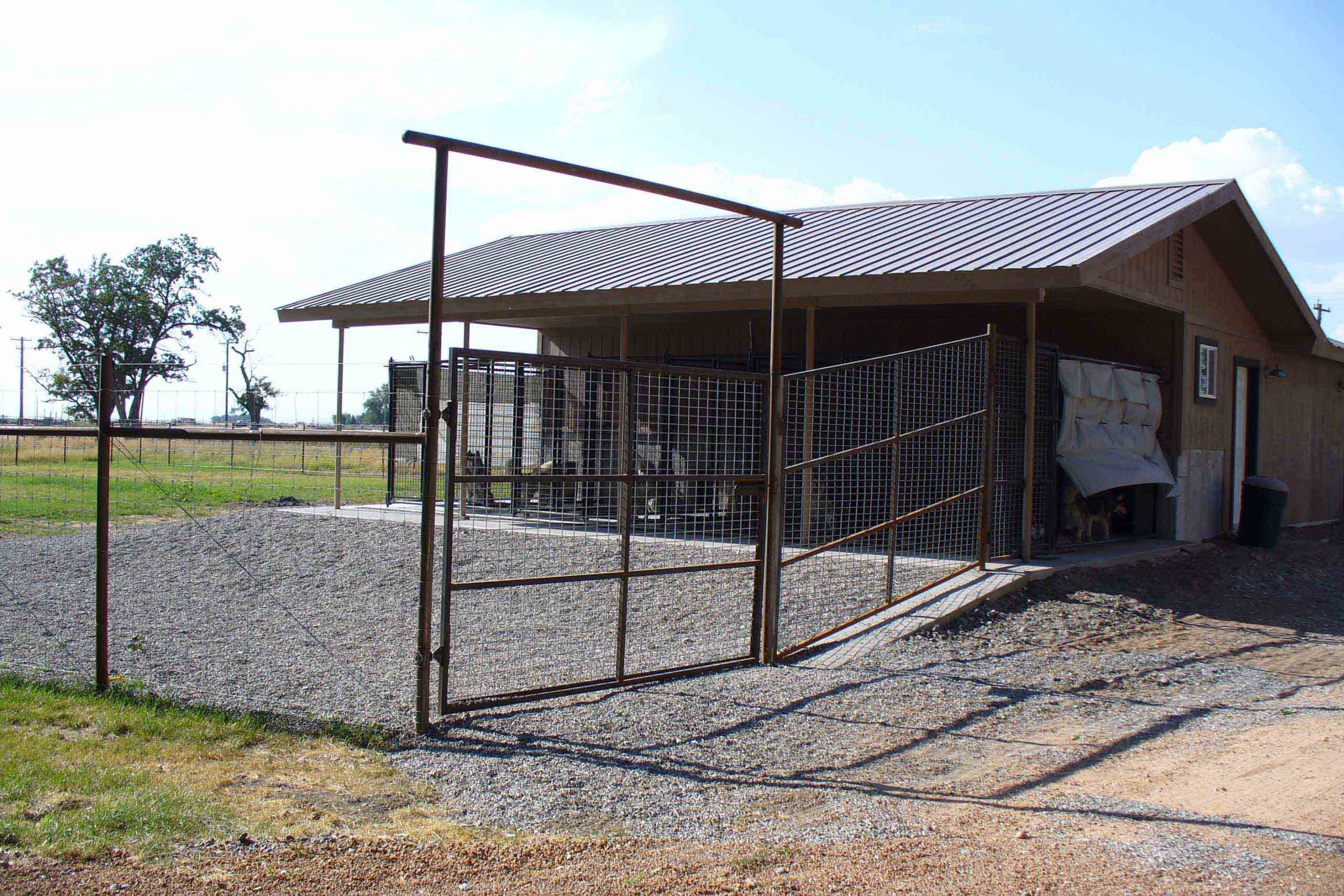Gating the Farm: Steel vs. Aluminum – Which Metal Wins?

Metal gates serve as vital components of agricultural operations, providing security and control while ensuring the safety of livestock and property. When choosing between steel and aluminum, two popular options, weighing the pros and cons is crucial. Steel gates offer exceptional durability, strength, versatility, customizability, and long-term value for money. On the other hand, aluminum gates provide benefits such as lightweight construction, corrosion resistance, low maintenance, and aesthetic appeal.
Ralph Waldo Emerson once said, ‘The choice between steel and aluminum gates is akin to balancing strength and versatility against lightweight convenience.’ This quote aptly captures the essence of the decision farmers face when selecting the ideal metal farm gate for their unique requirements
The Ironclad Advantages of Steel
- Durability: Steel gates are known for their exceptional durability. They can withstand harsh weather conditions, resist corrosion, and offer long-term performance. This durability makes steel gates ideal for areas with high wind loads or heavy usage. They can handle the rigors of farm life, ensuring they remain functional for years.
- Strength: Steel is a robust material with excellent strength and structural integrity. Metal farm gates made of steel can effectively secure your property and livestock and deter potential intruders. The inherent strength of steel makes it difficult to damage or break, offering enhanced protection and peace of mind.
- Versatility: Steel gates come in a wide range of designs and styles, allowing you to choose one that suits your needs and aesthetic preferences. Fabricate steel to meet your requirements, whether you need a simple, practical gate or an ornate, decorative one. This versatility ensures that you can find the perfect gate for your farm.
- Customizability: Steel gates can be easily customized to fit any size or shape required for your farm. Steel fabrication caters to your unique requirements, whether it’s an irregular entrance or specific dimensions for your farm gate. This flexibility in customization allows you to optimize functionality and maximize security on your farm.
- Value for Money: Steel gates may have a higher initial cost than other materials, but they provide excellent value for money in the long run. Their durability and longevity mean you won’t have to worry about frequent repairs or replacements, reducing maintenance costs. Steel gates are a reliable investment that will pay off in terms of longevity and performance.
Steel’s Achille’s Heel: Drawbacks to Consider
- Weight: Steel farm gates tend to be heavier compared to aluminum gates. This weight can make installation and handling more challenging, especially when working with more extensive or extended gates. It may require more manpower or specialized equipment to properly lift and position the gate. The increased weight can strain hinges, supports, and operators, potentially leading to accelerated wear and tear.
- Susceptibility to Corrosion: Steel gates are known for their durability but are susceptible to corrosion if not correctly maintained. Over time, exposure to moisture, humidity, and other environmental factors can cause steel to rust. If the protective coatings or finishes on the gate are compromised, it can accelerate the corrosion process. Regular inspections, maintenance, and application of rust-resistant coatings are necessary to prevent and address corrosion issues with steel gates.
Aluminum Shines: Benefits of Going Lightweight
- Lightweight: One of the significant advantages of aluminum gates is their lightweight nature. That makes them easier to install, transport, and operate. If you have large gates or frequently need to open and close them, the lightweight characteristic of aluminum gates can be highly beneficial. It reduces strain on hinges, supports, and operators, increasing the overall lifespan of the gate.
- Corrosion Resistance: Aluminum gates are highly resistant to corrosion, making them suitable for areas with high humidity or near coastal regions. Unlike steel, aluminum does not rust, ensuring your gate remains in good condition even in harsh environments. This corrosion resistance saves you money on maintenance and extends the gate’s lifespan.
- Low Maintenance: Aluminum gates require minimal maintenance compared to other materials. Their rust resistance eliminates the need for frequent painting or coating. A simple occasional cleaning with soap and water is usually enough to keep them looking their best. This low-maintenance aspect saves time and effort, allowing you to focus on other farm tasks.
Aluminum: Keeping It Light, But Not Always Mighty
- Lesser Strength: Compared to metal farm gates, aluminum is less intense and may not be suitable for high-security applications. While aluminum gates can deter casual intruders, determined individuals may be able to compromise their security. If your farm requires robust protection or is in an area prone to theft or vandalism, opting for steel gates may be the better choice.
- Limited Customization: Aluminum gates may have limitations when it comes to customization. They are generally available in standard sizes and designs, restricting your options for tailoring the gate to your needs. Steel may be a more suitable material if you have unique requirements or prefer a highly customized gate design.
- Impact Resistance: While aluminum gates offer corrosion resistance, they may not be as resilient when it comes to impact resistance. Compared to steel, aluminum is more prone to dents and deformations. Heavy equipment, vehicles, or livestock can accidentally hit the gate, leading to potential damage or deformation. The potential for impact damage may require more frequent repairs or replacement of aluminum gates.
- Security: Although aluminum gates can deter casual intruders, they may be less effective in providing high-level security. Due to its relatively lower strength than steel, determined individuals may be able to breach or compromise an aluminum gate with forceful attempts. If security is a top priority for your farm, opting for steel gates with superior strength may be a more suitable choice.
- Cost: While aluminum gates may have a lower initial cost than steel gates, they can be more expensive in the long run. Frequent repairs or replacements due to impacts or damage can significantly increase the cumulative expenses over time. The cost of specialized tools and techniques for repairing aluminum gates can also contribute to the overall expense.
- Heat Conductivity: Aluminum has higher heat conductivity compared to steel. In hot weather conditions, aluminum gates can absorb and transfer heat more readily, leading to potential discomfort for animals or humans coming into contact with the gate. This heat conductivity can be a disadvantage in regions with extreme temperatures, as it may affect the usability and safety of the gate.
Step into a Secure Future with Bison Pipe: Gate Solutions Tailored to Your Farm’s Needs!
Ready to fortify your farm with top-quality metal farm gates? Trust the durability and expertise of Bison Pipe! Secure your livestock and property with our sturdy steel and lightweight aluminum gates. Choose from various customizable options to suit your farm’s unique needs.

